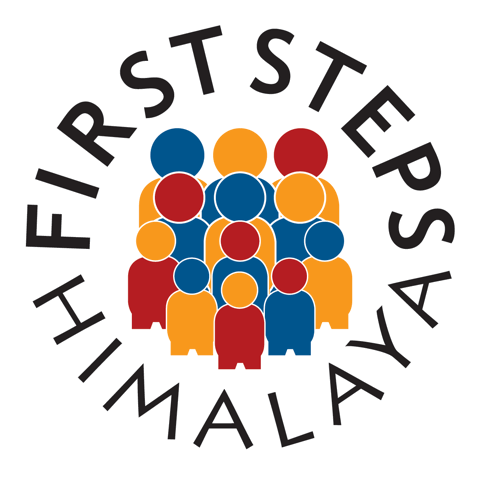OUR WORK
Creating Change Across Rural Nepal
First Steps Himalaya, in partnership with our trusted local organisation First Steps Nepal, works hand-in-hand with rural communities to deliver education and community programmes. Since 2009, we have been improving early years education, empowering teachers, and strengthening villages.
Today, our projects provide practical support where it’s needed most—helping children thrive and building sustainable, long-term change.
“The most remote and inaccessible communities are often those that are in most in need of our support.”
Current Projects
Our ongoing initiatives respond directly to local needs and create lasting improvements in education and community wellbeing.
Teacher Training Programmes
Hands-on training that builds teacher confidence and equips them with practical classroom strategies, improving student learning outcomes. Learn more HERE
School Support & Classroom Transformation
Refurbishing under-resourced classrooms into safe, child-friendly spaces filled with light, colour, and learning materials. Learn more HERE
Menstrual Hygiene Education
Workshops for teenage girls and young women, promoting health, dignity, and uninterrupted school attendance. Learn more HERE
Community Education Initiatives
Village-level training on nutrition, home safety, and environmental awareness, helping families build healthier, more resilient communities. Learn more HERE
Scholarships for Disadvantaged Children
Providing uniforms, stationery, and essential support so children from disadvantaged families can stay in school. Learn more HERE
Institutional Development
Strengthening governance, systems, and operations to ensure sustainable growth and maximise donor impact. Learn more HERE
Where We Work
Our journey began in 2009 with a single project in Sangachok Nursery, Sindhupalchok District—a hillside community about three hours north of Kathmandu.
From that beginning, our work has expanded significantly. Today, through our local partner First Steps Nepal, we support schools across Sindhupalchok, Nuwakot, and Syangja Districts.
Many of these schools are in remote and hard-to-reach areas, accessible only by rough local roads. Getting materials to classrooms can be challenging, often requiring local jeeps or trucks to navigate difficult terrain. Despite these obstacles, our team ensures classrooms are refurbished, teachers receive quality training, and children gain access to the education they deserve.
Project Selection
Every school we support goes through a careful selection process:
Assessment – We consider the school’s location, number of children, and overall readiness for change.
Leadership Commitment – We look for strong engagement from the head teacher and school management team, as their commitment is essential for lasting improvement.
Community Involvement – We ensure the wider community is willing to participate, since their support is vital to creating meaningful change.
This approach ensures our resources are directed to schools where they will have the greatest long-term impact for children.
Past Projects
Over the years, we have carried out projects that laid the foundation for our current work and demonstrated our ability to adapt and deliver at scale.
EARTHQUAKE RECOVERY
Provided immediate emergency relief in Sindhupalchok following the earthquake, distributing tarpaulins and shelter materials to affected families, while also delivering school supplies and learning kits to children so they could continue their education and regain a sense of normalcy in the midst of crisis.
EARTHBAG BUILDING
Constructed 16 durable, earthquake-resilient classrooms, an office and a residential teacher training centre using sustainable earthbag building techniques—providing safe earthquake resilient, child-friendly spaces for learning and training.
COMMUNITY RESILIENCE
During the COVID years, our initiatives supported communities with education, nutrition, hygiene, and environmental awareness, while using street drama to raise anti-trafficking awareness. These programmes helped families stay resilient and self-sufficient, while strengthening safer, more sustainable community networks.
Impact Highlights - What We’ve Achieved Since 2008
Transformed over 100 classrooms transformed in 42 schools across rural districts
Trained over 500 teachers in child-centred learning
Supported hundreds of girls and young women with menstrual hygiene education
Entire villages engaged in community education and resilience programmes










